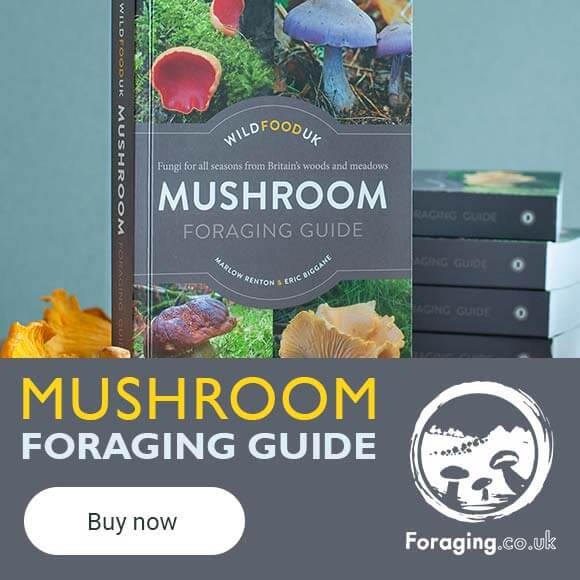Scurvy Grass
A coastal plant that has made it inland due to salting and gritting of the roads. There are two common species, Common Scurvy Grass and Danish Scurvy Grass.
| Hedgerow Type | |
| Common Names | Scurvy Grass, Common Scurvy Grass, Danish Scurvy Grass |
| Scientific Name | Cochlearia officinalis/danica |
| Season Start | Mar |
| Season End | Aug |
Leaves
The leaves start off heartshaped but develop two blunt corners on either side of the leaf forming a sort of five cornered star. The veins are deep and obvious and usually highlighted by dust or mud.
Flowers
Coming from the cabbage family Scurvy Grass has small florets of white to pink cruciform (cross shaped) flowers from April to August.
Flower Buds
The buds are green, rugby ball shaped and made of four ‘orange’ like segments and appear from June to September.
Habitat
This is a coastal plant but due to the salting of roads in winter it is now more common besides A roads and motorways.
Possible Confusion
Other species of Scurvy Grass but this would not harm you.
Lesser Celendine, pictured, has similar leaves but the plants grow quite differently and with a small nibble of Celendine you would not get that salty, horseradish taste.
Taste
Like salty mustard or horse radish.
Frequency
Common around the coast and becoming more so inland with salting and gritting the roads in winter and can be found along many A roads in Spring and Summer.
Collecting
The larger leaves can be quite strong and bitter but the smaller, younger leaves used sparingly are good in salads.
The flower buds can be used as capers with a hot taste.
Medicinal Uses
Danish Scurvy Grass, Cochlearia danica and Common Scurvy Grass, Cochlearia officinalis, were used to help prevent scurvy aboard ships as they contain high amounts of vitamin C.
There are several other Scurvy Grass’ in the UK but the two most common are the two mentioned above.



 (11 votes, average: 3.36 out of 5)
(11 votes, average: 3.36 out of 5)


























2 comments for Scurvy Grass
I’m interested in coming on one of your event in Cambridgeshire. Can you tell me if the venue is accessible by public transport. I live in Norfolk and would likely come by train.
Many thanks
We run courses in Huntingdon and Thetford Forest, hopefully there are transport links, I’m not sure where you are coming from. See links for info on both courses.
http://www.wildfooduk.com/foraging-trips/suffolk-thetford-forest-spring-foraging-courses/
http://www.wildfooduk.com/foraging-trips/cambridgeshire-huntingdon-foraging-courses-2/